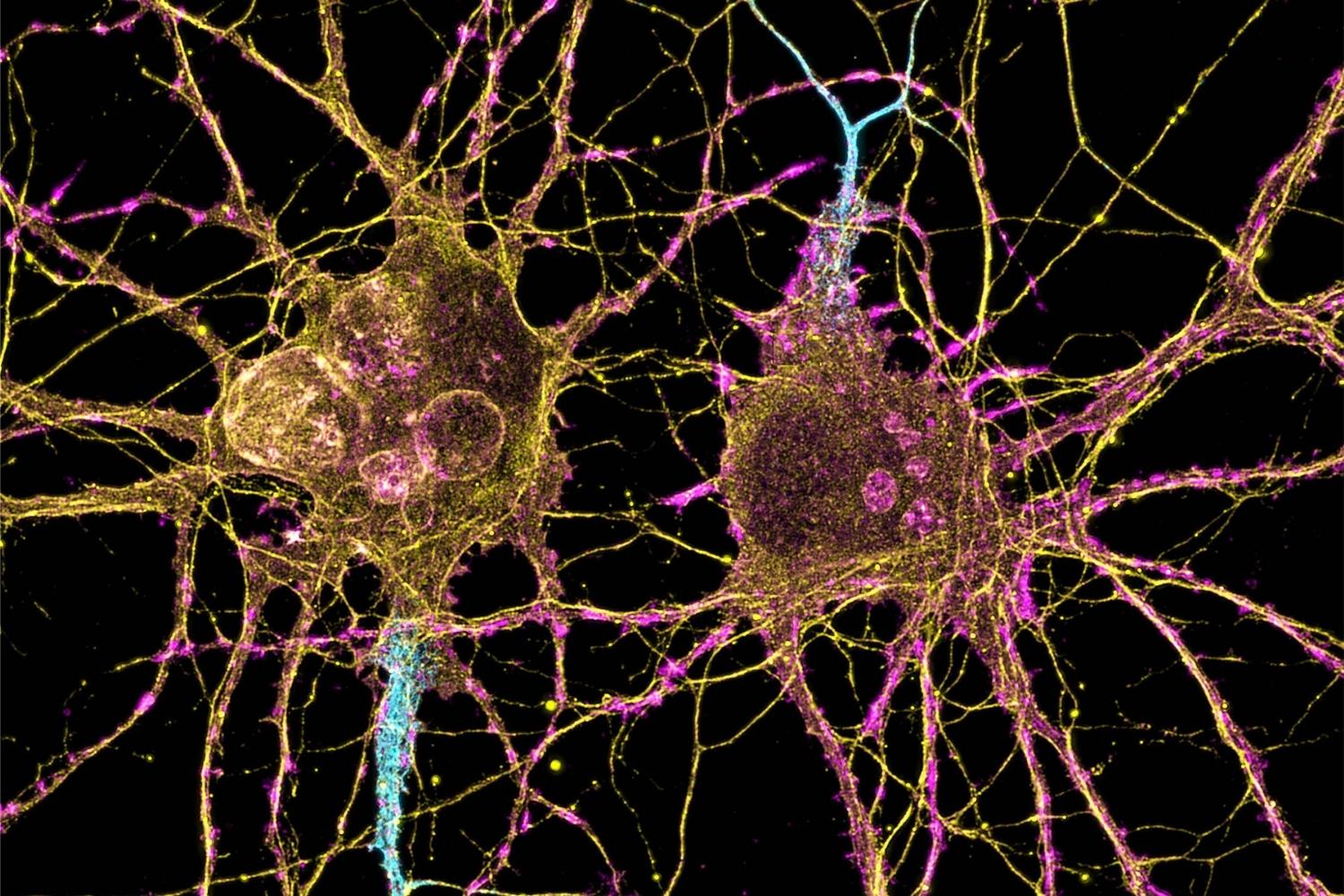Huntington’s Disease is a complex and challenging condition that impacts not only those diagnosed but also their families and caregivers. Understanding the intricacies of this genetic disorder can help in managing and supporting those affected. This quiz will test your knowledge on various aspects of Huntington’s Disease, from its causes and symptoms to treatment options and research advancements. Dive in and see how much you know about this critical health topic!
We recommend that you do not leave the page that you are taking this quiz in. Stay honest 🙂
Huntington’s Disease Quiz Questions Overview
1. What is the primary cause of Huntington’s Disease?
A viral infection
A genetic mutation
An autoimmune disorder
A bacterial infection
2. Which chromosome is affected in Huntington’s Disease?
Chromosome 4
Chromosome 7
Chromosome 12
Chromosome 21
3. What is the typical age of onset for Huntington’s Disease symptoms?
Childhood
Teenage years
30s to 40s
60s to 70s
4. Which of the following is NOT a common symptom of Huntington’s Disease?
Involuntary movements
Memory loss
Muscle weakness
Severe headaches
5. How is Huntington’s Disease inherited?
Autosomal recessive
Autosomal dominant
X-linked recessive
Mitochondrial inheritance
6. Which protein is affected by the genetic mutation in Huntington’s Disease?
Dystrophin
Huntingtin
Beta-amyloid
Tau
7. What type of genetic test can confirm a diagnosis of Huntington’s Disease?
Blood test
MRI scan
CT scan
Genetic test
8. Which part of the brain is primarily affected by Huntington’s Disease?
Cerebellum
Hippocampus
Basal ganglia
Amygdala
9. Is there currently a cure for Huntington’s Disease?
Yes, there is a cure
No, but there are treatments to manage symptoms
Yes, it can be cured with surgery
No, and there are no treatments available
10. Which of the following treatments is commonly used to manage symptoms of Huntington’s Disease?
Antibiotics
Antipsychotics
Antidepressants
Anticholinergics
11. What is the role of genetic counseling in Huntington’s Disease?
To cure the disease
To provide dietary recommendations
To help individuals understand their risk and make informed decisions
To manage physical therapy
12. Which neurotransmitter is often found in reduced levels in the brains of individuals with Huntington’s Disease?
Dopamine
Serotonin
GABA
Acetylcholine
13. What is the purpose of physical therapy for patients with Huntington’s Disease?
To cure the disease
To improve movement and coordination
To enhance cognitive function
To treat psychiatric symptoms
14. Which of the following is a common psychiatric symptom of Huntington’s Disease?
Hallucinations
Delusions
Depression
Obsessive-compulsive disorder
15. What is the life expectancy after the onset of Huntington’s Disease symptoms?
5-10 years
10-20 years
20-30 years
30-40 years
16. Which of the following is a potential complication of Huntington’s Disease?
Aspiration pneumonia
Kidney failure
Liver cirrhosis
Skin infections
17. What is the role of occupational therapy for patients with Huntington’s Disease?
To cure the disease
To improve cognitive function
To enhance the ability to perform daily tasks
To manage psychiatric symptoms
18. Which of the following is a genetic test used to diagnose Huntington’s Disease?
Polymerase chain reaction (PCR)
Fluorescence in situ hybridization (FISH)
Southern blotting
Western blotting
19. Which of the following research areas holds promise for future treatments of Huntington’s Disease?
Stem cell therapy
Gene editing
Chemotherapy
Radiation therapy
20. Which of the following is a support resource for individuals and families affected by Huntington’s Disease?
American Heart Association
National Cancer Institute
Huntington’s Disease Society of America
Alzheimer’s Association
We recommend that you do not leave the page that you are taking this quiz in. Stay honest 🙂











